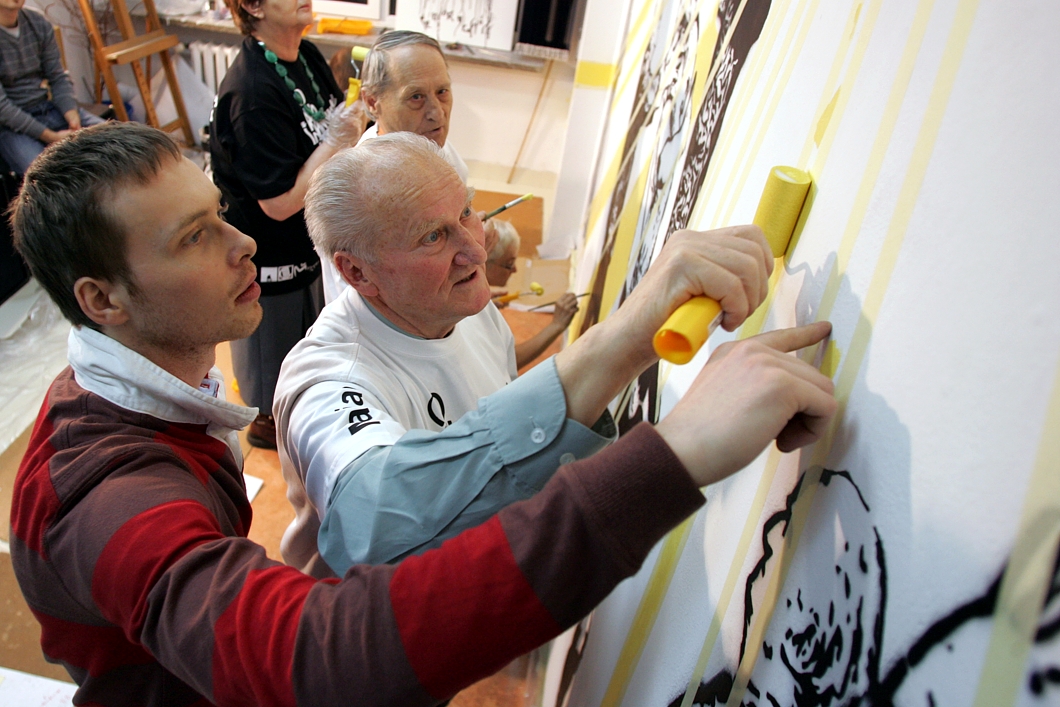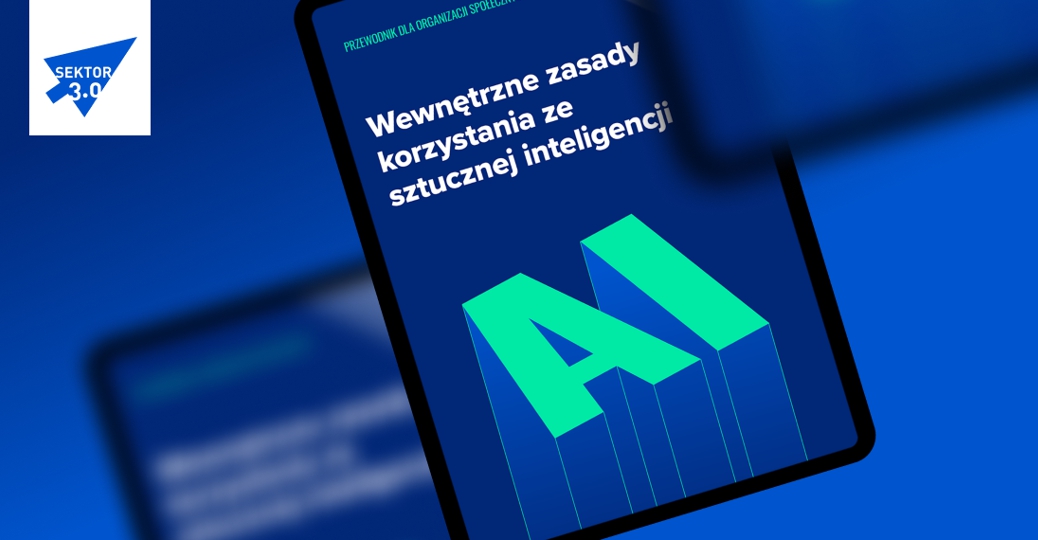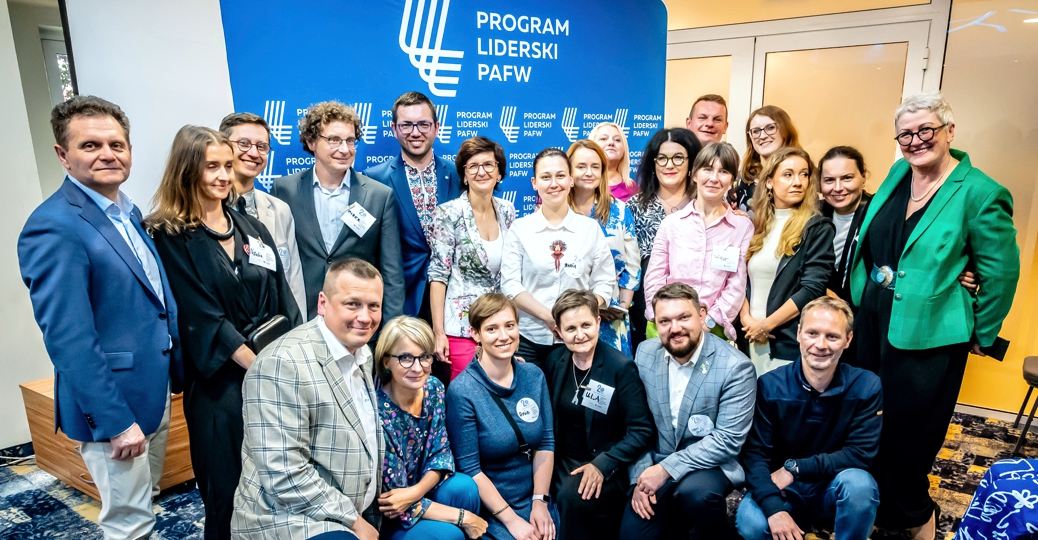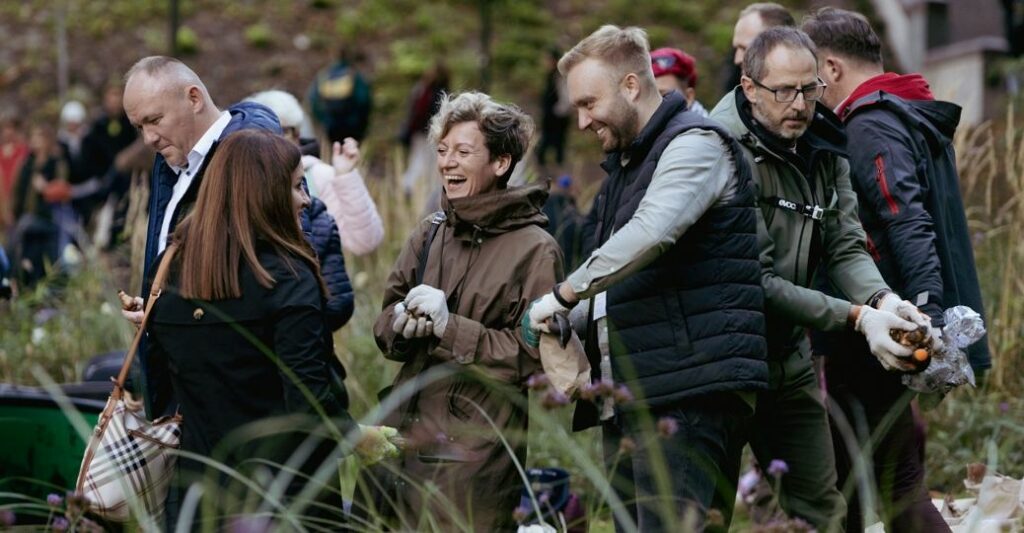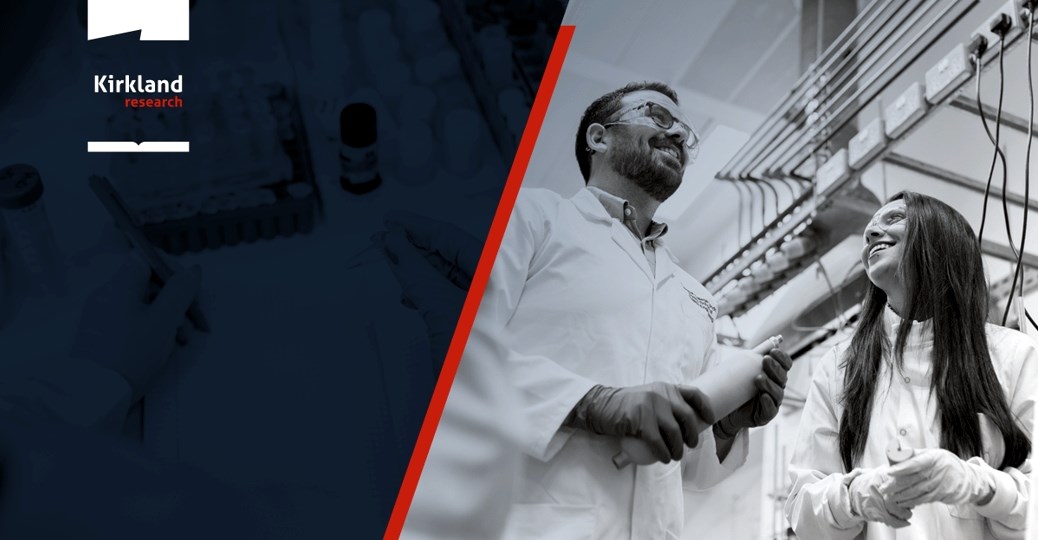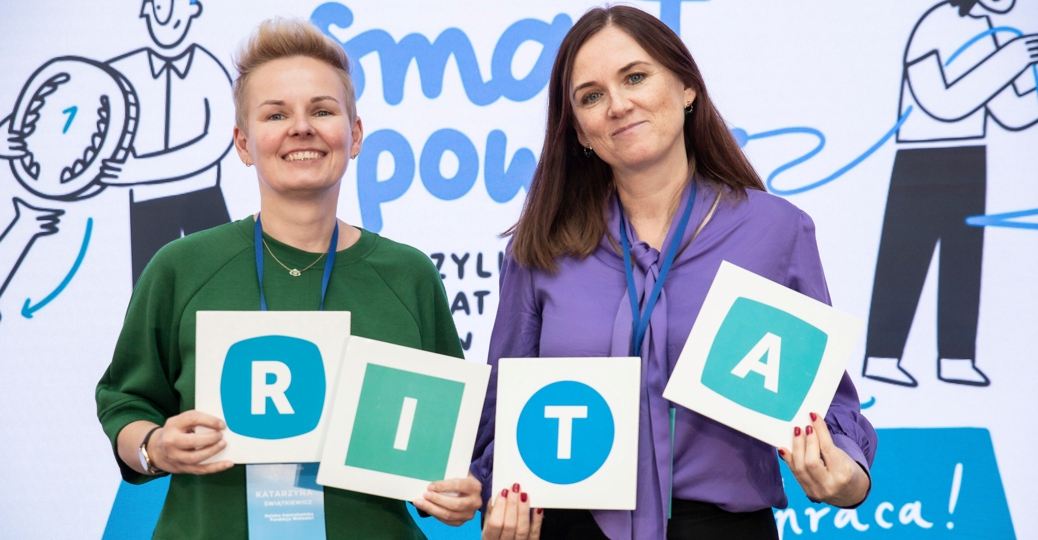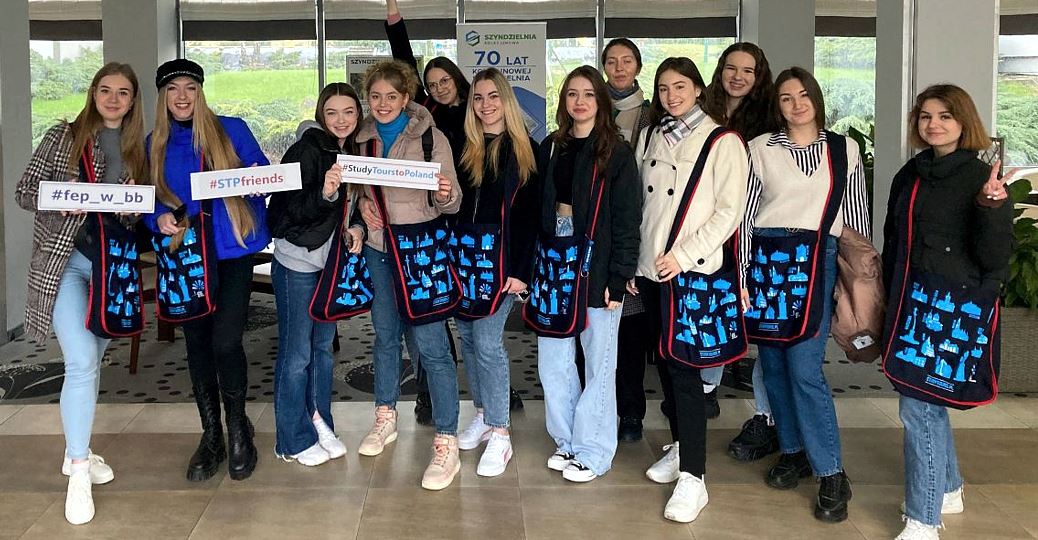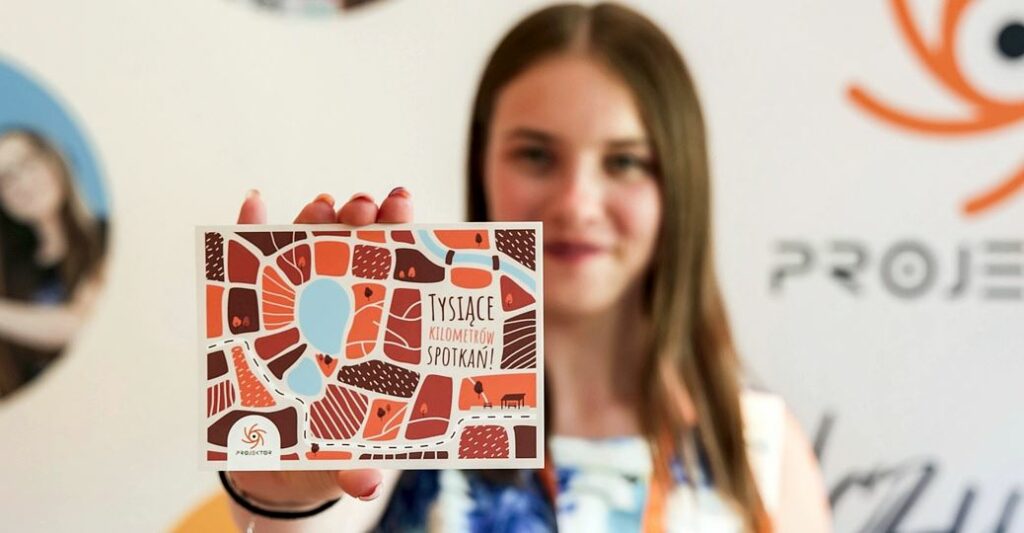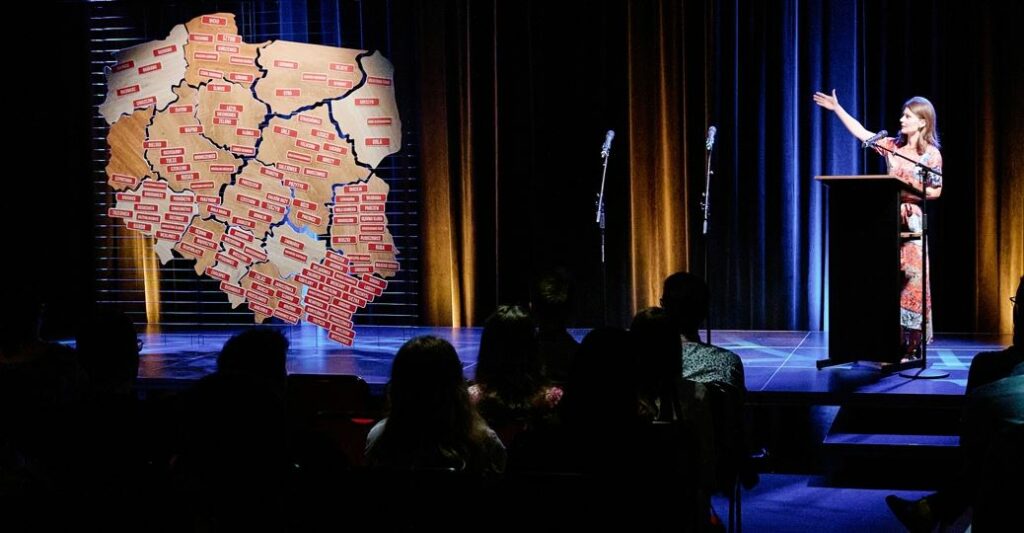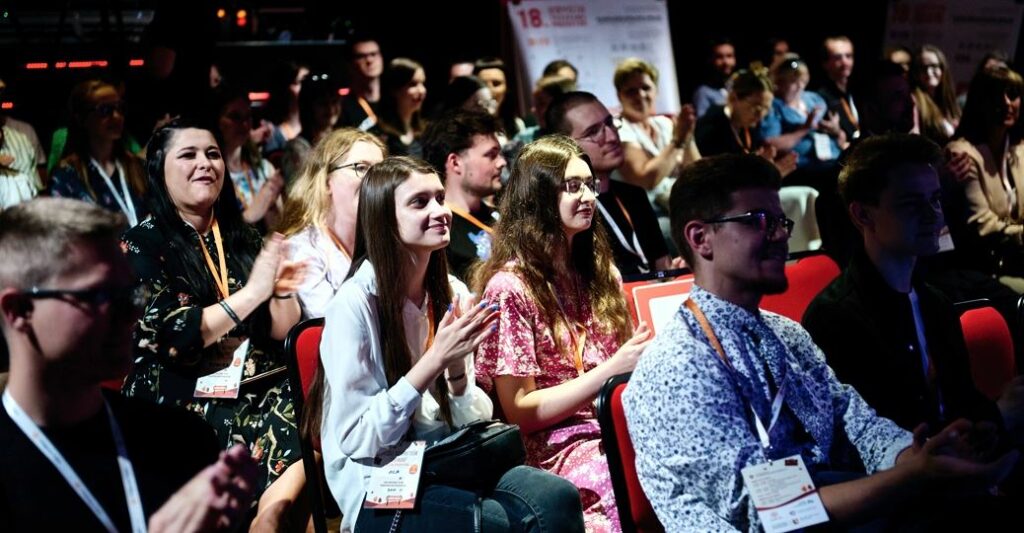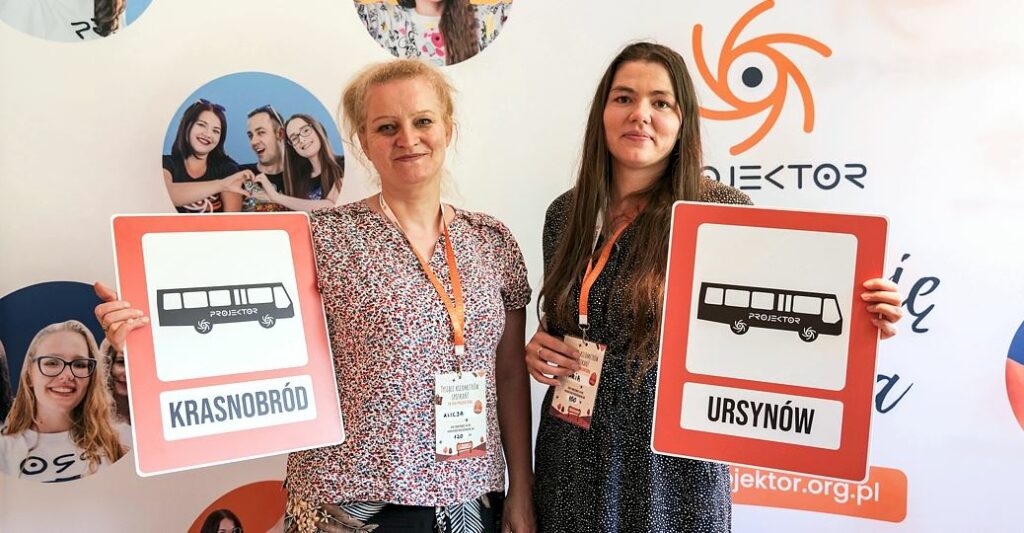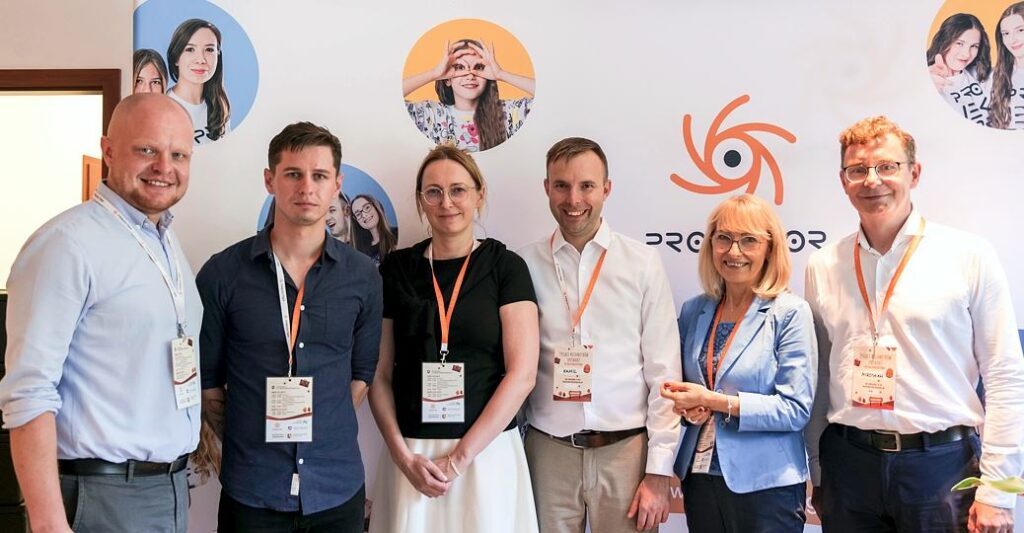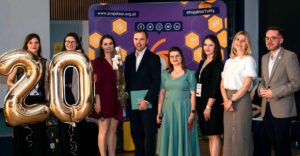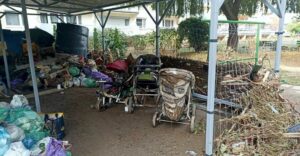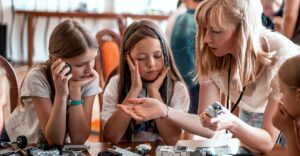They travel thousands of kilometers every day to reach the smallest localities in Poland with their developmental classes for children. We speak about the volunteers of the “PROJECTOR – Student Volunteers” program. They met in Lublin in July to sum up the 18th round of the program and celebrate the occasion.
The objective of the program is to level educational chances of children and young people living in villages and small towns. Under the program, groups of student volunteers implement their author projects which develop children and young people’s knowledge, skills, and interests. They are run in free time during the school year or winter and summer breaks.
Projects are based on a particular field of science, subject or selected area of activity – they can be art, sports, informatics, theater, or linguistic classes. Promoting positive role models, the program encourages schoolers to improve their abilities, while student volunteers develop their sense of social responsibility and solidarity, and at the same time it allows them to carry on their own passions and interests in an attractive form.
‘18 years of PROJECTOR is also 18 years of my participation in the program, as I started my adventure with volunteering in 2005. Sometimes it happened that we were late for the train, or something went wrong in the project, or a school director had to give us a lift to the railway station so that we could leave a small locality on the last train,’ Program Director Kamil Wrzos recalls.
The motto of the jubilee meeting were PROJECTOR travels. A map displayed on the stage presented places visited by the volunteers during this-year’s round.
Travels
The program volunteers travel all over Poland to reach small localities with their workshops. They travel by trains, buses, sometimes even bikes. They implemented their projects at Główczyce at the sea side, Żeliszew Podkościelny in Mazowieckie province, as well as Jaśliska near the state border.
The effect of scale
At the meeting in Lublin the results of the 18th round of the program were presented in form of an infographic showing the scale of the PROJECTOR’s impact. The conclusions from the evaluation were presented by Program Development Coordinator Monika Wasilonek and a Specialist for Projects and Evaluations Marta Jaśkiewicz.
From September 2022 to June 2023, a total of 6,480 children from 316 school classes participated in the projects. The classes were held in small towns and villages in all 16 provinces. The “PROJECTOR” workshops were conducted by a team of 524 volunteers who travelled a total of 36,015 kilometers to reach small localities all over Poland.
Successes
In 2023, the program was awarded with the prestigious mention in the competition for Janusz Korczak Award for activities carried out in the spirit of Korczak values and changing the world to the better. The winners were selected from among over 120 candidates.
The “PROJECTOR” took part in many educational and social events. The Program team organized visits to Olsztyn, Warszaw, Toruń, Poznań, and Wrocław universities. The program was present at such events as the Festival of Freedom and Civil Rights in Gdańsk, Perspectives – Women in Tech Summit meeting in Warsaw, European Congress of Youth Councils in Lublin, or English Teaching Market Conference in Stare Jabłonki.
A big success of the program are also the record results of enrollment to the summer term – over 200 volunteers enrolled to educational projects for children and young people. Many of them are participants of Bridge Scholarships Program. This aspect was pointed to by Dr. Zofia Sapijaszka, the President of Educational Enterprise Foundation, in her address: ‘ Among the student volunteers (..) there is a big group of Bridge Scholarship holders, which is a source of my great joy. It proves that our two programs which we implement at Educational Enterprise Foundation (…) created synergy in the best way possible, by involving scholarship holders into projects aimed for children. That is very important.’
Community
However, the meeting above all made an opportunity to appreciate all people participating in the program.
‘If it wasn’t for you – the students, teachers, experts who offered substantive support for the program – and if it wasn’t for the great team I have the privilege to work with, the project probably wouldn’t celebrate its 18th anniversary today,’ Kamil Wrzos said.
‘We are very proud of all student volunteers who joined the program. Helping children you have a huge impact on their wellbeing. You are their mentors but also older friends who willingly share knowledge, skills and experience with them, help them in difficult situations, help solve problems, and build relationships. (…) By helping children you give them strength, support, you build their self-esteem and feeling that they are important to someone. You get a lot from them in return – gratitude, appreciation, and children’s smiles. You get the sense of doing something fantastic, something good that will be remembered by the children for a long time,’ Dr Zofia Sapijaszka noted.
Program Officer of Polish-American Freedom Foundation Mirosław Czyżewski also expressed his appreciation for the program participants. He said: ‘I can see ambassadors, experts, teachers, ‘Bridge Scholarships’, ‘Equal Opportunities’, ‘PROJECTOR’ Program Teams. (…) I would like to thank you very much for creating that strong net. Encourage your friends to take part in social activities because it strengthens you. It is the capital you will take into your adult life, and it will pay off in the future. The more experiences you gain now, the stronger, braver you will become, and you will know how to get more out of life.’
In numbers
Since 2003, over 42,000 educational projects have been implemented in almost 3,100 schools all over Poland as part of the “PROJECTOR” program. They were carried out by over 15,000 student-volunteers and over 445,000 schoolers participated in them.
In 2022 activities aimed at supporting refugees from Ukraine were launched under the Program. Almost 100 student volunteers engaged in implementing 590 projects for over 3,000 children from Ukraine in 93 educational institutions (2600 hours of classes).









